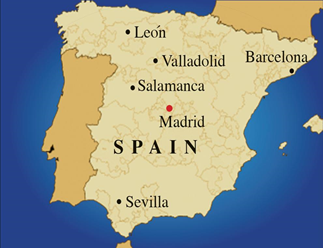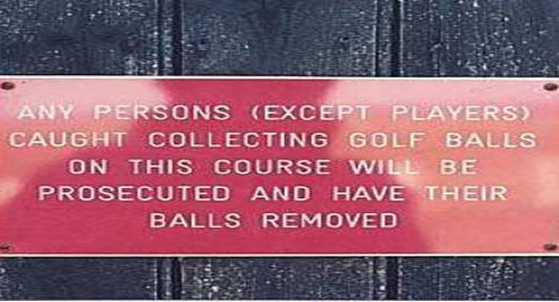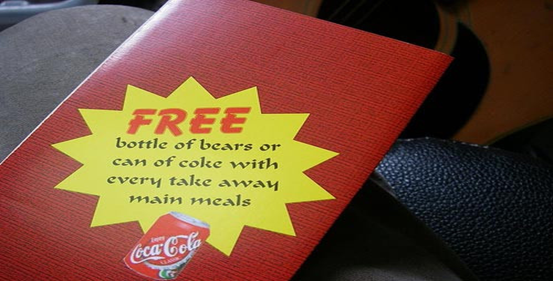Most of us must have read that the Polish language has its roots in Slavic group of languages, mainly in Eastern Europe, expanding from the Baltic States on the Adriatic and going up all the way to the Black Sea. But, this doesn’t explain how Polish is different from other ‘Slavic’ languages and how it has developed over the years to become what it is today. In this post, we will help you know about Polish, its history and origin.
Slavic Languages: The Term
Slavic language refers to a group of languages that were developed together with other languages of the dominant groups in mainland Europe. These languages are spoken by around 315 million people and are related closely to various other languages such as Lithuanian, Latvian, and the now-extinct Old Prussian.
Changes in Polish Language
Polish language started to witness changes in around 9th Century AD, which is now marked as ‘Old Polish’ period. For approximately six centuries, numerous political, cultural, historical, and religious influencers played a part in altering and molding the language. This resulted in something similar to what we know today as ‘Modern Polish’ language.
Modern Polish Language
Today, it is estimated that the language has 200,000+ words and around one-third of these words is associated, in pronunciation and sound, with old Slavic originals. On the other hand, the rest of the words are adopted from various other languages. Also, the modern Polish language is vastly influenced by globalization. Not only it has become an identity of Polish people, but it is also the second most widely spoken language of the Slavic group, behind Russian. Furthermore, the modern Polish Language has a lot of influence of English-American words that are increasingly being adapted into the Polish system.
If you are planning to expand your business to a Polish language dominant country and are not well-versed with the language, then you need help of translator. Dial 888-670-3369 to know more.


















